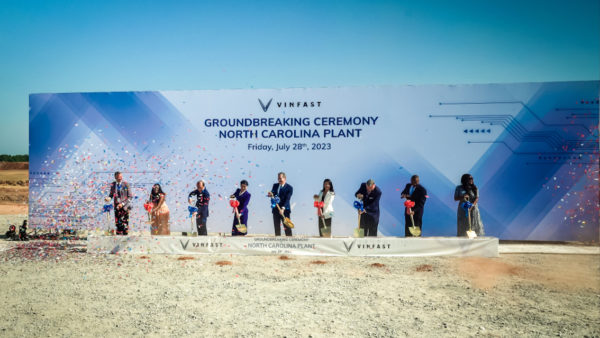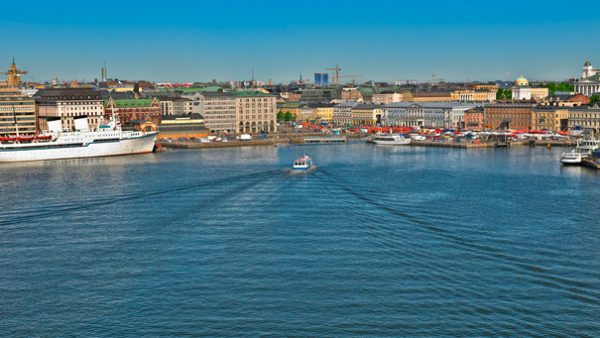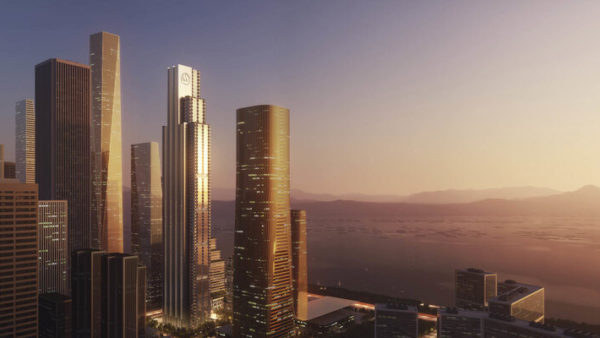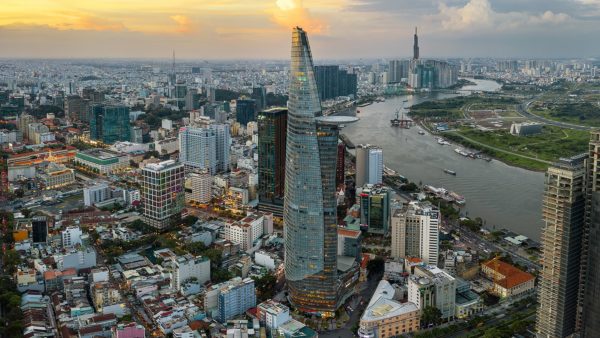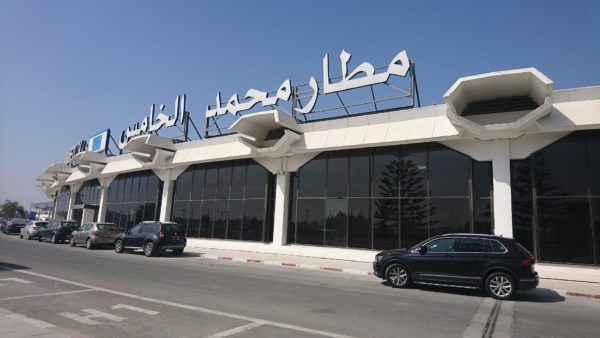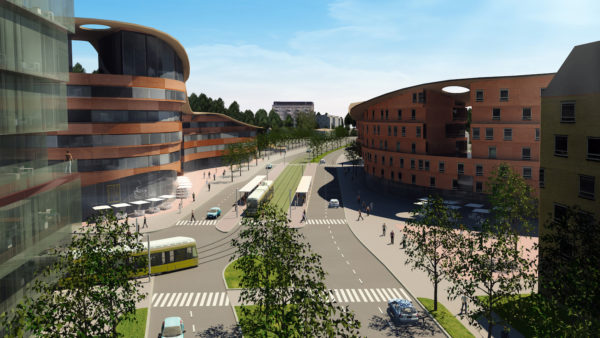31 July 2013
On 1 July, David Cameron, at the head of a major UK trade delegation, became the first serving British Prime Minister to go to Kazakhstan.
In a joint press conference with his counterpart, Kazakh President Nursultan Nazarbayev, he said the visit was long overdue.
"The question should not be why is the British Prime Minister in Kazakhstan," he said. "The question is, why has it taken a British Prime Minister so long to visit?"
Evidently, Kazakhstan is the place to be.
On the back of David Cameron’s trip, contracts were signed between Kazakhstan and British companies worth nearly $1bn in total.
UK design and engineering consultancy Atkins made particularly strong headway by signing a memorandum of understanding with Kazakhstan’s sovereign wealth fund, Samruk-Kazyna, to cooperate on major infrastructure projects.
The agreement is for an extendable 12-month period, covering potential projects around the Kazakhstan capital, Astana, and Aktau, the country’s biggest seaport.
Another sign of the growing buzz came in June when United Arab Emirates’ premier developer, Aldar Properties, awarded a contract worth nearly US$1.08bn to build a top-end development, the "Abu Dhabi Plaza", in Astana.
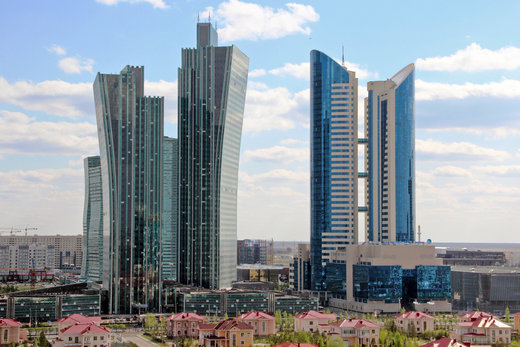
Downtown Astana, capital of Kazakhstan. (Shynar Jetpissova/World Bank)
First announced in 2007, the 500,000-sq-m mixed use development comprises five towers, the tallest reaching 320m, containing 566 luxury apartments, 107,000 sq m of commercial office space, a five-star hotel with serviced apartments, and a shopping mall.
The contract to build Abu Dhabi Plaza went to a joint venture led by Dubai-based construction giant, Arabtec. Construction is scheduled to start soon and the project is slated for completion in 2017.
Oil has fuelled Kazakhstan’s robust growth. Its economy is officially forecast to expand by 6% this year after a 5% rise in 2012.
Oil production is targeted to rise to 82 million tonnes this year from 79.2 million tonnes in 2012. The government has an ambitious official goal of increasing crude output by 60% by the end of this decade.
At the same time, however, the Kazakhstan government is trying to diversify the economy.
Kazakhstan’s development objective is to join the ranks of the 30 most developed countries by 2050.
Its overall "Doing Business" ranking has improved from 74th place of 183 countries in 2010 to 49th in 2013, according to the World Bank.
The country is modernising quickly and its built-environment development needs cross the entire spectrum, from housing to energy and transport infrastructure.
Multilateral development banks see the country as a good bet. For instance, in May the Asian Development Bank approved an $848,000 assistance package for a proposed Light Rail Transit (LRT) project for the fast-growing city of Astana, scheduled for completion in 2017.
And yet Kazakhstan will need help delivering its ambitious development plans. In May the Kazakh Statistics Agency said an ongoing skills shortage is getting worse, with a shortfall in skilled workers of around 5,200 people.
With its abundant natural resources, strategic location between China and Eastern Europe, and its development-focussed government, Kazakhstan is a place we’ll be hearing lots more about in the near future.





